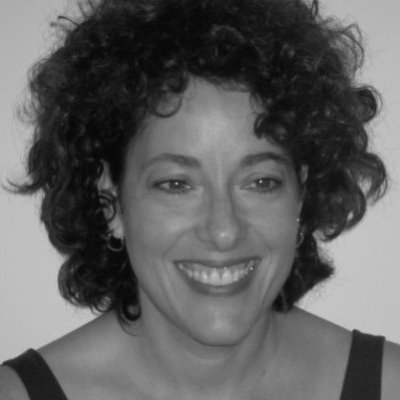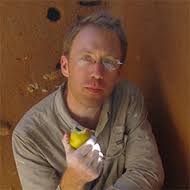scientific knowledge
See the following -
Four PLOS authors receive 2016 Breakthrough Prize in Life Sciences
 Through the Breakthrough Prize – initiated and funded in 2012 by Bay Area biotechnology innovators, social media venture capitalists and successful internet entrepreneurs – outstanding scientists working in the fields of life sciences, fundamental physics and mathematics receive recognition, money and a bit of glamour. This year, four of the five scientists awarded a $3 million Breakthrough Prize in Life Sciences chose to publish some of their work in Open Access journals over the course of their careers. In so doing, Edward S. Boyden, Karl Deisseroth, John Hardy and Svante Pääbo ensure their research is available for distribution, discovery and reuse, introducing opportunities for all scientists to build on their discoveries...
Through the Breakthrough Prize – initiated and funded in 2012 by Bay Area biotechnology innovators, social media venture capitalists and successful internet entrepreneurs – outstanding scientists working in the fields of life sciences, fundamental physics and mathematics receive recognition, money and a bit of glamour. This year, four of the five scientists awarded a $3 million Breakthrough Prize in Life Sciences chose to publish some of their work in Open Access journals over the course of their careers. In so doing, Edward S. Boyden, Karl Deisseroth, John Hardy and Svante Pääbo ensure their research is available for distribution, discovery and reuse, introducing opportunities for all scientists to build on their discoveries...
- Login to post comments
How Computers Broke Science – and What We Can Do To Fix It
 For most of the history of science, researchers have reported their methods in a way that enabled independent reproduction of their results. But, since the introduction of the personal computer – and the point-and-click software programs that have evolved to make it more user-friendly – reproducibility of much research has become questionable, if not impossible. Too much of the research process is now shrouded by the opaque use of computers that many researchers have come to depend on. This makes it almost impossible for an outsider to recreate their results. Recently, several groups have proposed similar solutions to this problem. Together they would break scientific data out of the black box of unrecorded computer manipulations so independent readers can again critically assess and reproduce results. Researchers, the public, and science itself would benefit.
For most of the history of science, researchers have reported their methods in a way that enabled independent reproduction of their results. But, since the introduction of the personal computer – and the point-and-click software programs that have evolved to make it more user-friendly – reproducibility of much research has become questionable, if not impossible. Too much of the research process is now shrouded by the opaque use of computers that many researchers have come to depend on. This makes it almost impossible for an outsider to recreate their results. Recently, several groups have proposed similar solutions to this problem. Together they would break scientific data out of the black box of unrecorded computer manipulations so independent readers can again critically assess and reproduce results. Researchers, the public, and science itself would benefit.